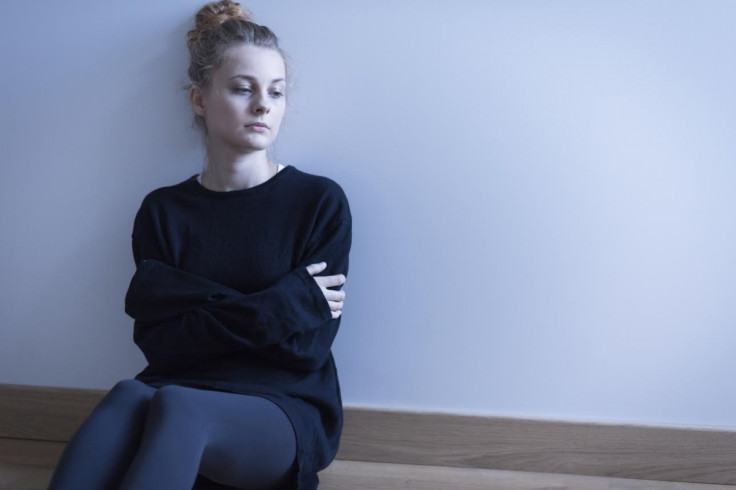When you're a child with a mental illness, 32 weeks is a dangerous amount of time to wait for help

On 15 February it was announced that the NHS will invest in excess of £1bn ($1.4bn) extra annually in mental health by 2020-21. Prompted by the findings of an NHS England taskforce report, the government declared that this investment will help treat a million more people a year, provide an extra 600,000 people with access to vital therapies and deliver nationwide access to community crisis care teams that, currently, only half the country has access to.
Among other studies, the report revealed that the suicide rate in England is now rising, that there has been a 10% increase in the number of people sectioned under the Mental Health Act and that around three quarters of people with mental health problems are still receiving no help at all, despite mental health accounting for 23% of NHS activity.
Yet by far the most damning of its revelations were those concerning children. According to the report's findings, half of all mental health problems are established by the age of 14 and one in ten children aged 5-16 has a diagnosable condition. Yet despite this, children in need of inpatient services can still expect to be sent anywhere in the country, and the average wait for routine appointments for psychological therapy for children is 32 weeks.
When you're a child or teenager, 32 weeks is a long time. But when you're a child or teenager struggling with a mental illness, 32 weeks isn't just a long time, it's a dangerous amount of time. More often than not, it's same amount of time that the mental illness took to manifest itself in the first place and for me, five years ago, it was an amount of time that enabled my suspicion that "something was wrong" to morph into an eating disorder so severe it later forced me to take a year out from university in order to recover.
In my case, like the aforementioned one in ten children, my condition was diagnosable. In fact, given that I attended a boarding school where my weight-loss was picked up on by my school nurse almost as soon as I shed my first pound, it was all the more so. But even when I sat down with my GP at home during the summer holidays, burst into tears and said "I think I have a problem", I wasn't diagnosed. Instead, I was told to order a self-help book for eating disorders from Amazon.
It was only when my weight began to plummet for the third time that my school nurse finally conceded and began the process of referring me to my local Child and Adolescent Mental Health Service (CAMHS) unit, where my strictly hour-long appointments varied from the rare weekly session, to bi-weekly or monthly. Then, after six months, I was discharged, not because I had recovered but because, like countless other teenagers treated by CAMHS, I had turned 18 and was no longer eligible for the service.
Scared, and reluctant to be pushed off the cliff edge of child mental health services, I asked for help arranging adult counselling, only to be given links to websites I had already found myself.
With only this information to help me, a few months later I started my first term at Cambridge and, within two weeks of me matriculating, my eating disorder returned in the form of severe bulimia. This blighted my first 18 months of university and eventually forced me to "intermit" and leave university.
Post-recovery, I wouldn't wish the mental anguish I endured for four years on my worst enemy. But I can also see that, compared to many mental illness sufferers, I was lucky. I made a full recovery, returned to university and graduated. One need only look at the rates of suicide among young people to see how far the mental health services we offer young people in this country have to go. Or indeed the tragic suicide of 18 year-old Edward Mallen, who was sent to "an overloaded social worker and a nurse" and given a "strip of pills and a couple of website addresses on a scrap of paper ripped from a notepad" last year.
No child or family should have to go through what I, Edward or any other of the countless children across the country with mental health problems have had to go through. Over the past few years alone we've come a long way towards ending the stigma that surrounds mental illness and promoting parity of esteem between physical and mental health. But 32 weeks is still a long time, a book recommendation from Amazon isn't good enough and a couple of website addresses aren't going to resolve the fear and terror mental illness bring.
Seven years on from when I first started my "diet", child and adolescent mental health services have failed me. I can only hope that in four years time, they have ceased to fail the future's young people.
The Samaritans provides a free support service for those who need to talk to someone. It can be contacted through its website or on 08457 90 90 90, 24 hours a day, 365 days a year. Call charges apply.
© Copyright IBTimes 2024. All rights reserved.







